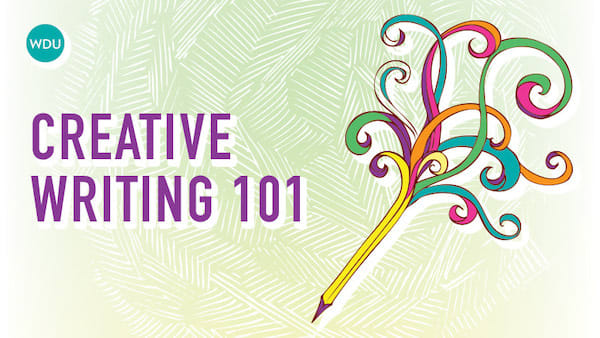Paul Vidich: On Romance in Espionage
Paul Vidich is the acclaimed author of The Mercenary, The Coldest Warrior, An Honorable Man, and The Good Assassin, and his fiction and nonfiction have appeared in the Wall Street Journal, LitHub, CrimeReads, Fugue, The Nation, Narrative Magazine, Wordriot, and others. He lives in New York City. Find him on Twitter, Facebook, and Instagram.
In this post, Paul discusses the inspiration behind his new literary spy novel, The Matchmaker: A Spy in Berlin, the drafting process and his beta readers, and more!
Name: Paul Vidich
Literary agent: Will Roberts, The Gernert Company
Book title: The Matchmaker: A Spy in Berlin
Publisher: Pegasus Books
Release date: February 2, 2022
Genre/category: Literary spy novel
Previous titles: An Honorable Man, The Good Assassin, The Coldest Warrior, The Mercenary.
Elevator pitch for the book: In the vein of Graham Greene and John le Carré, The Matchmaker delivers a chilling Cold War spy story set in West Berlin, where an American woman targeted by the Stasi must confront the truth behind her German husband’s mysterious disappearance.
IndieBound | Bookshop | Amazon
[WD uses affiliate links.]
What prompted you to write this book?
I knew I wanted to set this novel in Berlin. During my research, I came across the autobiography of Markus Wolf, the legendary chief of East German counterintelligence, and I was fascinated to read how he used the human need for affection to create a network of “Romeos,” men who married innocent women as a cover for their spying. Essentially, Wolf turned love into tradecraft.
I was fascinated by the idea of a vulnerable American woman living overseas in love with a husband, only to discover everything she had come to know about him was false, everything was a lie. How do you recover from that?
How long did it take to go from idea to publication? And did the idea change during the process?
Once I settled on Berlin as the novel’s setting, I did six months of research. In that time, I sketched the characters and the situation, and from there, a story took shape. I had a chapter-by-chapter outline before I started writing. My first hand-written draft usually takes about two months and two more hand-written drafts follow before I am confident about the work. I finished a typed-fourth draft about 12 months after starting. My wife reads that draft, as does my writer’s group, and a revised version goes to my agent. After I have incorporated his comments, I send it to my editor. I write every day for three to five hours.
The novel’s initiating situation and the premise of the story don’t usually change, but it’s everything in between that takes on shape, acquires details, and becomes vivid. It takes a year from the time my editor approves the manuscript to the book’s release. The long gap can create a “who’s on first” situation: A friend recently told me he’d just read my most recent book. Yet, in my mind, my most recent book was the one I was in the midst of writing; my penultimate book was the one forthcoming in two months. The book he was referring to had already been in bookstores for nine months, but because of the timeline, it didn’t quite make sense in our conversation!
Were there any surprises or learning moments in the publishing process for this title?
I don’t like surprises. My publisher, Pegasus Books, is a great publishing company and they spared me whatever surprises they might have encountered behind the scenes.
Were there any surprises in the writing process for this book?
Two of my characters changed in unexpected ways during the course of writing the novel. I always start with a dossier on each character that contains all the tidbits of life that make a person unique—birthplace, habits, concerns, fears—and I have a detailed chapter outline.
In the midst of the novel, I discovered different things about the two characters. Both are sinister, but are spies, both evil: and more complex than even I realized at first. I learned that good men often do bad things, and that evil men can have a complicating humanity.
What do you hope readers will get out of your book?
I hope readers find the character, Anne Simpson, as interesting as I did while writing the book and can sympathize with the moral conflict she was living with.
If you could share one piece of advice with other writers, what would it be?
The one best bit of writing advice I ever received, which I offer to your readers now, came from Isaac Bashevis Singer, a brilliant storyteller not as widely read as he should be. He said that the writer’s obligation is to entertain and to instruct. A writer needs to get the reader’s attention, and to keep it long after the reader has put down the book.





